1. The Great Wall

The Great Wall is a series of stone and earth fortifications built and rebuilt between the 6th century BC and the 16th century to protect the northern borders of the Chinese Empire from the nomadic peoples of the northern steppe. The latest survey put the length of the Ming Dynasty Great Wall at 8852 kilometers.
2. The Forbidden City
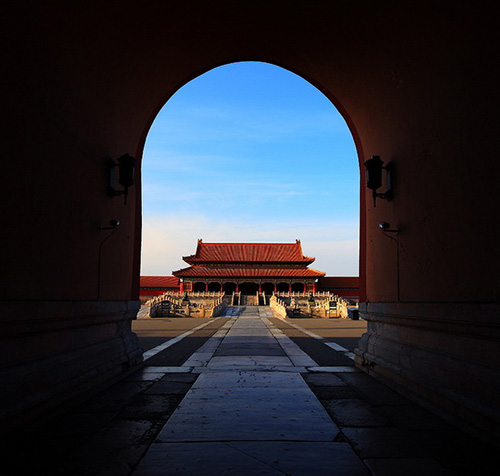
The Forbidden City (Palace Museum), a World Heritage site since 1987, imparts a sense of grandeur and wealth, an aura of pomp and majesty that has passed down the ages. This secret city was closed off from the world for 500 years but now its 720,000 square meters of courtyards, pavilions, great halls, gardens and nearly 10,000 rooms are open to all and it has become one of the most popular historical sites in the world.
3. The Terracotta Warriors

Discovered in 1974 when a local farmer dug a well, the terracotta army, buried in 210 BC with the first emperor of the Qin dynasty, is a breathtaking site. The thousands of life-size figures have individually modeled faces and armor styles appropriate to their rank. The museum of the Terracotta Army is located near the city of Xi'an, in Shaanxi Province.
4. Guilin's stunning mountain scenery
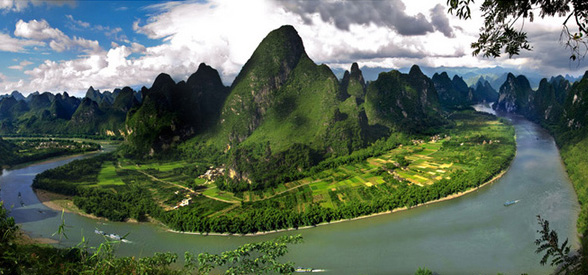
Illustrated on the 20 yuan banknote, for many people the striking columns of the karst mountains that rise from the plains around Guilin in Guangxi create the quintessentially Chinese landscape. A cruise down the picturesque Li River from Guilin to the resort of Yangshuo is considered a must by most tourists. The views are nothing short of breathtaking.
5. The Yangtze River Cruise

The Yangtze is the longest river in China and the third longest in the world. From the deck of a cruise boat, the Yangtze reveals itself as a long picture scroll of stunning scenery. Along the route, you will see historical sites associated with China's rich store of myths and legends. Terraces nurtured by local inhabitants for centuries sit alongside the gigantic Three Gorges Dam, the world's largest hydroelectric power station.
6. The Mogao Grottos of Dunhuang
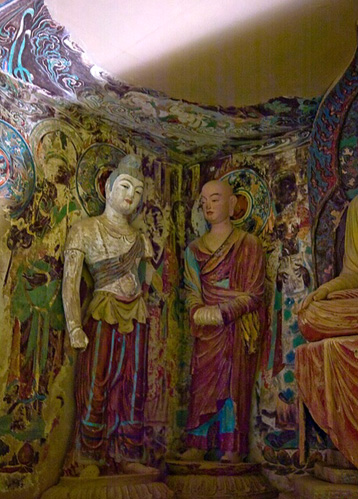
On the eastern slope of Rattling Sand Mountain (Mingshashan) southeast of Dunhuang in Gansu Province, the Mogao Grottos (also known as the Thousand Buddha Caves) house the largest, best preserved and richest Buddhist art in the world. In AD 366, Buddhist monk Yue Seng chiseled out the first cave here and his work was carried on through several dynasties, resulting in the fantastic collection of devotional art that can been seen today.
7. Potala Palace, Lhasa
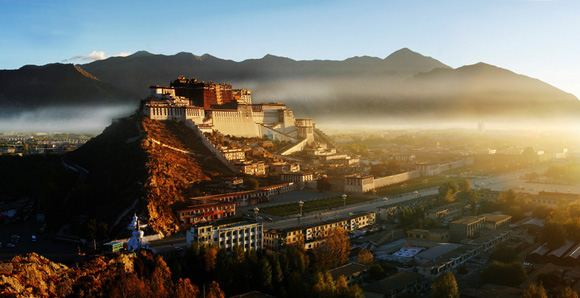
Now a museum, the Potala Palace was the residence of the Dalai Lamas until the 14th Dalai Lama fled to Dharamsala, India in 1959. The stone-and-wood-built Palace consists of the White Palace and the Red Palace. The halls, temples and courtyards of the White Palace include the former living quarters of the Dalai Lama while the Red Palace houses eight stupas that contain the remains of former Dalai Lamas.
8. Jiuzhaigou
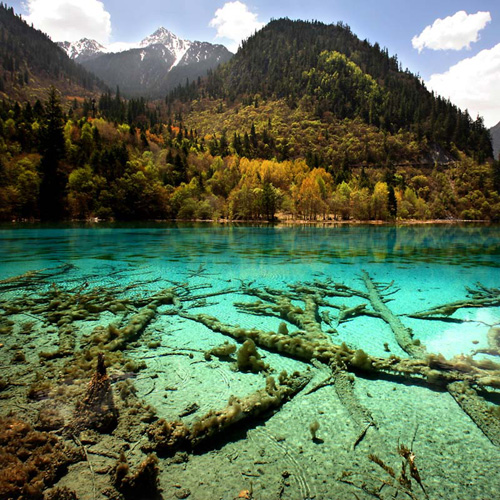
Jiuzhaigou is a masterpiece of nature with dreamlike scenery and natural wonders. Located in Sichuan Province, it combines crystal blue lakes, spectacular waterfalls, lush forests and snow-covered mountains. It is dotted with Tibetan villages so is also a superb place to experience Tibetan local culture.
9. Yellow Mountain (Huangshan)
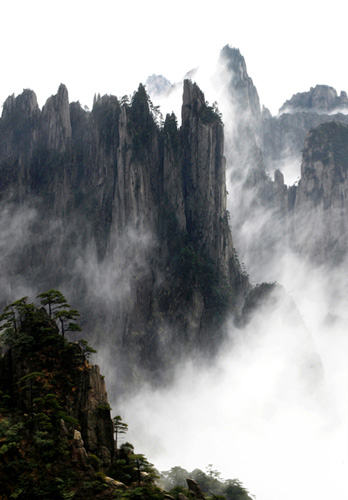
Yellow Mountain in southern Anhui Province is well known for its scenery, sunsets, peculiarly-shaped granite peaks, pine trees, and the clouds that rest on the mountainsides and peaks on more than 200 days out of the year. In 1990, Yellow Mountain was placed on the world's cultural and natural heritage lists.
10. The Classical Gardens of Suzhou
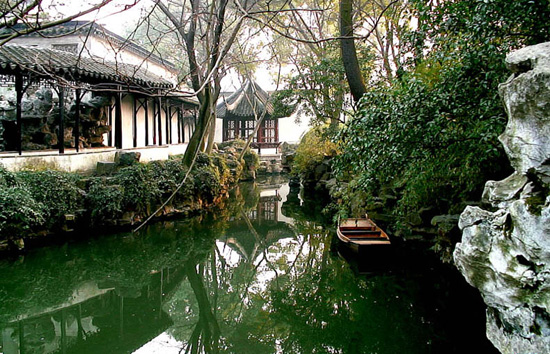
Suzhou in Jiangsu Province is a city of rivers and canals. It is also famous for its classical Chinese gardens. The Ming and Qing dynasties from the 14th to the 20th century were its prime periods of garden building; at one time there were more than 200 private family gardens. A dozen are still in good condition today, including the top four classical gardens in China: the Master of the Nets Garden, the Lion Grove, the Humble Administrator's Garden and the Lingering Garden.